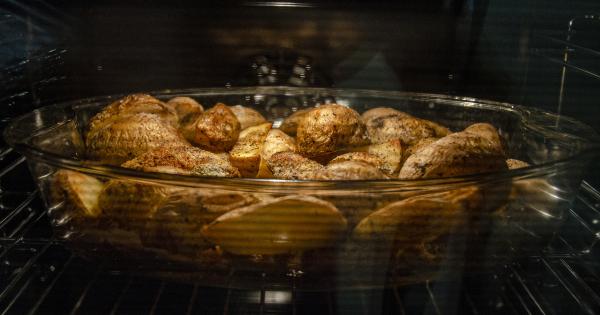Endometriosis is a condition in which the tissue that lines the inside of the uterus grows outside of it. This tissue can grow on the ovaries, fallopian tubes, and other organs in the pelvic area.
It’s a painful and often debilitating condition that affects millions of women around the world.
There is no cure for endometriosis, but there are treatments and lifestyle changes that can help manage the symptoms. One of the lifestyle changes that can make a big difference is diet.
In this guide, we’ll explore how diet can affect endometriosis and provide tips and guidelines for women who want to make dietary changes to manage their symptoms.
What is Endometriosis?
The endometrium is the tissue that lines the inside of the uterus. It builds up and sheds every month during menstruation. Endometriosis occurs when this tissue grows outside of the uterus.
This tissue can attach to the ovaries, fallopian tubes, and other organs in the pelvic area.
With endometriosis, the tissue outside of the uterus still responds to hormones in the same way as the tissue inside the uterus.
This means that it still builds up and sheds every month, but when it sheds outside of the uterus, it can cause pain, inflammation, scar tissue, and adhesions.
Endometriosis can cause a range of symptoms including:.
- Pelvic pain
- Heavy periods
- Pain during sex
- Infertility
- Painful bowel movements or urination
How Can Diet Affect Endometriosis?
There is no one-size-fits-all diet for endometriosis, but there are certain foods that can exacerbate symptoms and others that can help manage them:.
: Foods to Avoid
Some foods may increase inflammation and pain associated with endometriosis:.
- Processed foods
- Refined sugars
- Trans fats
- Red meat
- Caffeine and alcohol
: Foods to Eat
Other foods may reduce inflammation and help manage symptoms:.
- Fruits and vegetables
- Whole grains
- Plant-based protein sources like nuts, seeds, and beans
- Fatty fish like salmon or tuna
- Green tea
: Tips for Managing Endometriosis Through Diet
In addition to making changes to their diet, women with endometriosis can take other steps to manage the condition:.
: Eat a Balanced Diet
Eating a balanced diet that includes a variety of fruits, vegetables, whole grains, and lean protein sources can help provide the nutrients the body needs to manage endometriosis symptoms.
: Avoid Trigger Foods
Avoiding foods that trigger inflammation and pain can help manage the symptoms of endometriosis.
: Manage Your Weight
Being overweight may exacerbate endometriosis symptoms. Women with endometriosis can manage their weight through dietary changes and exercise.
: Stay Hydrated
Drinking plenty of water can help flush out toxins and reduce inflammation.
: Exercise Regularly
Regular exercise can help manage symptoms of endometriosis, and can also help manage weight and reduce stress.
: Reduce Stress
Stress can exacerbate endometriosis symptoms. Women with endometriosis can manage stress through meditation, yoga, exercise, or other stress-reducing techniques.
: Consider Supplements
There are some supplements that may help manage endometriosis symptoms, including omega-3 fatty acids, magnesium, and zinc. Women should talk to their healthcare provider before taking any supplements.
Conclusion
Endometriosis is a challenging condition that affects millions of women. While there is no cure, there are steps that women can take to manage their symptoms, including making changes to their diet.
By avoiding trigger foods and focusing on a balanced diet, women with endometriosis can give their bodies the nutrients they need to manage their symptoms and improve their quality of life.





























